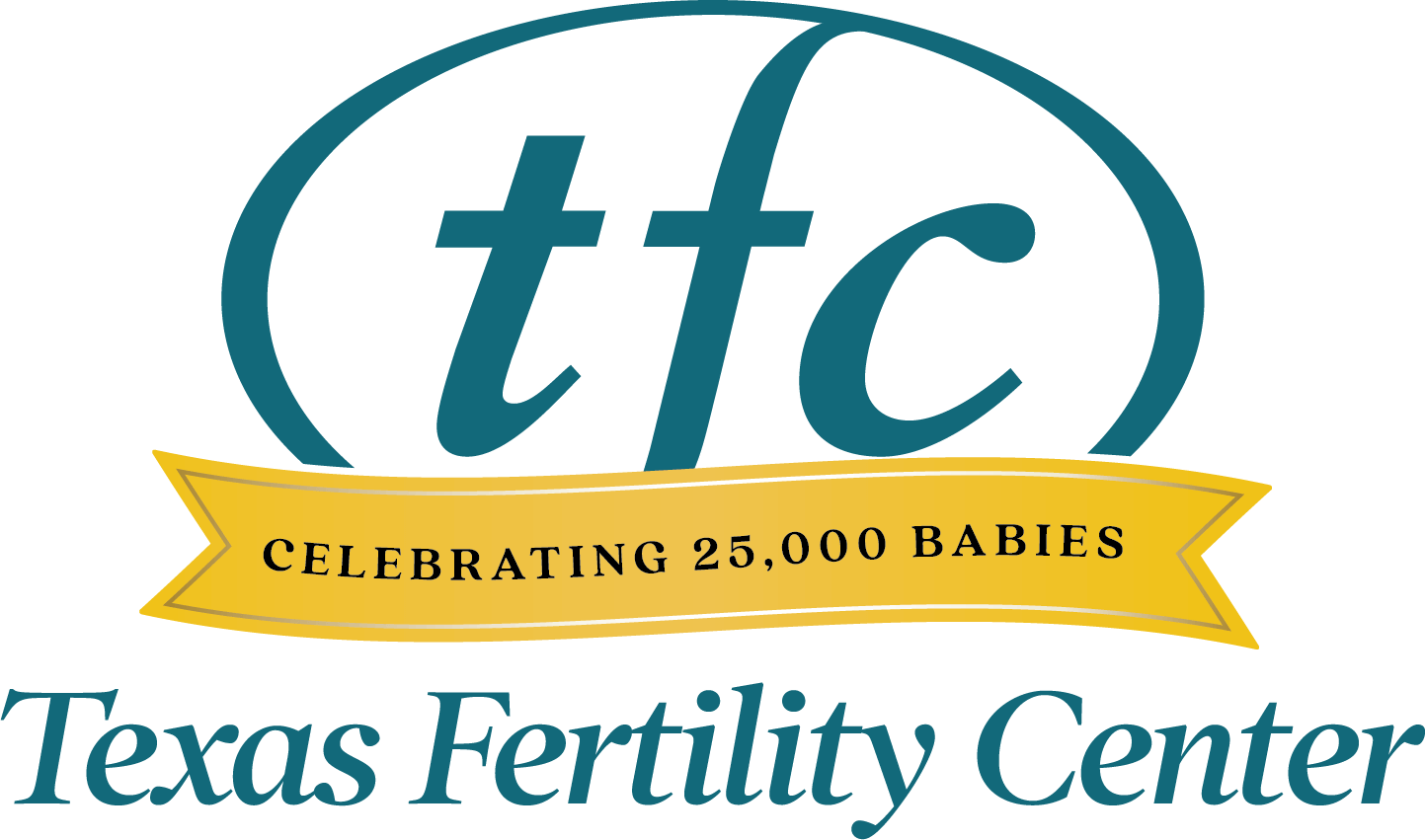
PGT-A can identify chromosomal abnormalities in IVF embryos
Our New Braunfels fertility doctor provides the latest treatments to help patients start and grow their families. Susan Hudson MD offers preimplantation genetic testing for aneuploidy, or PGT-A, as part of an IVF cycle. Our clinic partners with accredited genetics laboratories to determine which embryos are chromosomally normal and more likely to develop into healthy babies.
Preimplantation genetic testing for aneuploidy counts an embryo’s chromosomes
PGT-A is a way to count the chromosomes in each IVF embryo. Chromosomally normal embryos have 46 chromosomes, including two sex chromosomes (XX for females and XY for males). When Dr. Hudson transfers embryos with a normal number of chromosomes, pregnancy rates are 60% to 70%.
In contrast, when an embryo has an abnormal number of chromosomes, it will often fail to implant in the uterus. If it does implant, it is more likely to result in a miscarriage or a baby with birth defects. Thankfully, preimplantation genetic testing for aneuploidy can help determine which embryos contain too many or too few chromosomes.
This form of genetic testing allows our team to increase pregnancy and live birth rates while reducing miscarriage rates. Additionally, our research shows that routine PGT-A is effective for patients and insurance companies. This is because it significantly reduces the cost per live birth.
PGT-A occurs during an IVF cycle, and it can benefit many types of patients
Patients who want to pursue preimplantation genetic testing for aneuploidy will do so before freezing or transferring an IVF embryo.
Five to seven days after egg retrieval, one of the experienced embryologists from Ovation® Fertility will remove three to five cells from each embryo. At this point, each embryo has approximately 128 cells, so there is little risk of damaging the embryo.
The embryologist will freeze the cell samples in liquid nitrogen. They will then ship the samples to one of the leading genetics laboratories in the country for testing. Our New Braunfels fertility doctor will receive the results within a few days. She will then transfer one chromosomally normal embryo into the uterus.
Dr. Hudson finds that several groups of patients can benefit from PGT-A.
- Women of advanced maternal age (over age 35)
- Men and women who have experienced recurrent miscarriages or repeated IVF failures
- Patients who want to pursue the quickest path to pregnancy
If you want to learn more about PGT-A and IVF, our New Braunfels fertility doctor can help. Contact us to schedule an appointment with Dr. Hudson and learn how genetic testing can increase your likelihood of having a healthy baby.



